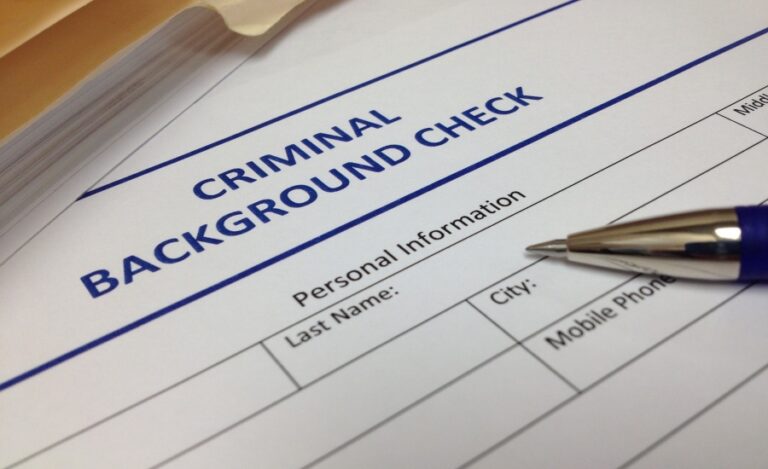Understanding Kidney Stones: Causes, Symptoms, and Treatments
Kidney stones, though small in size, can cause excruciating pain and discomfort. These solid crystals formed in the kidney can vary in size and composition, and understanding their causes, symptoms, and available treatments is crucial for effective management and prevention.
What are Kidney Stones?
Kidney stones, medically known as nephrolithiasis, are hard deposits that form in the kidneys when substances like calcium, oxalate, and other minerals in urine become highly concentrated. These crystals can stick together, forming larger solid masses. The size of kidney stones can range from tiny specks to larger stones that may obstruct the urinary tract.
Causes of Kidney Stones
Kidney stones form when substances in the urine become highly concentrated, leading to the crystallization of minerals. Understanding the causes behind this concentration is vital in comprehending why kidney stones develop.
1. Dietary Factors: Certain foods can contribute to the formation of kidney stones. Foods high in oxalate, such as spinach, nuts, and chocolate, can increase oxalate levels in the urine, potentially leading to calcium oxalate stones, the most common type. Additionally, a diet rich in salt or animal proteins might elevate the risk of stone formation by increasing calcium and uric acid levels in the urine.
2. Dehydration: Inadequate fluid intake can result in highly concentrated urine, providing an environment conducive to crystal formation. When there’s insufficient fluid to dilute waste products, the minerals and salts in the urine become more concentrated, facilitating the formation of stones.
3. Genetic Predisposition: Family history plays a role in kidney stone formation. Some individuals may inherit a genetic predisposition that makes them more susceptible to developing stones. Genetic factors can influence the way the body processes and excretes certain substances, increasing the likelihood of stone formation.
4. Medical Conditions: Certain medical conditions or diseases can increase the risk of kidney stone formation. Urinary tract infections, inflammatory bowel diseases, cystic kidney diseases, and metabolic disorders like hypercalciuria or hyperparathyroidism can create an environment conducive to stone development.
5. Medications: Some medications can increase the risk of kidney stones. For instance, long-term use of diuretics, antiretroviral drugs used in HIV treatment, and certain anticonvulsants might contribute to stone formation by altering urinary composition or affecting the body’s processing of minerals.
6. Lifestyle Factors: Sedentary lifestyles or certain occupational hazards that lead to increased perspiration and decreased fluid intake can contribute to dehydration, which in turn elevates the risk of kidney stone formation.
Understanding these causes empowers individuals to take preventive measures. By adopting a balanced diet, staying adequately hydrated, and being aware of any genetic predispositions or medication-related risks, one can significantly reduce the likelihood of developing kidney stones. Regular check-ups and consultations with healthcare providers are crucial for those with a family history or a higher risk due to specific medical conditions, enabling early detection and preventive measures to minimize the formation of kidney stones.
Symptoms of Kidney Stones
The symptoms of kidney stones can vary depending on the stone’s size and location within the urinary tract. Common symptoms include:
1. Severe Pain: One of the most prominent symptoms is intense pain in the back, side, abdomen, or groin. The pain can fluctuate in intensity and may come in waves.
2. Urinary Changes: Blood in the urine, frequent urination, urgency to urinate, or a burning sensation while urinating can occur.
3. Nausea and Vomiting: Some individuals may experience nausea and vomiting due to the pain.
4. Discomfort: Painful urination or the sensation of not being able to completely empty the bladder may be present.
Kidney Stones Diagnosis
If kidney stones are suspected, several diagnostic tests can help confirm their presence:
1. Imaging Tests: X-rays, CT scans, or ultrasounds are commonly used to visualize kidney stones.
2. Urinalysis: Examination of a urine sample can help detect any abnormalities, such as blood or crystals, which indicate kidney stones.
Treatment Options
The management of kidney stones depends on the stone’s size, location, and the individual’s overall health. Treatment options include:
1. Pain Management: Pain medications are often prescribed to alleviate the severe discomfort caused by kidney stones.
2. Fluid Intake: Increasing fluid intake helps in flushing out smaller stones from the urinary tract.
3. Medications: Depending on the type of stone, medications to help dissolve stones or prevent their formation might be prescribed.
4. Medical Procedures: For larger stones or those causing severe symptoms, medical procedures like shock wave lithotripsy (using shock waves to break up stones), ureteroscopy (using a scope to remove stones), or surgical removal might be necessary.
Prevention
Taking proactive measures to prevent kidney stones from forming can significantly reduce the risk of recurrence:
1. Hydration: Drinking an ample amount of water throughout the day helps dilute urine and prevent the concentration of minerals that form stones.
2. Dietary Changes: Limiting foods high in oxalate, sodium, and animal proteins while increasing the intake of citrate-rich foods like lemons and oranges can be beneficial.
3. Medication: In some cases, medications that regulate calcium and uric acid levels may be prescribed to prevent stone formation.
4. Regular Check-ups: Periodic monitoring and follow-ups with a healthcare provider are essential, especially for individuals prone to kidney stones.
Conclusion
Kidney stones are a painful condition affecting millions worldwide. Understanding the causes, recognizing the symptoms, and seeking timely medical intervention are crucial steps in managing kidney stones effectively. By adopting lifestyle changes, staying well-hydrated, and following medical advice, individuals can reduce the risk of developing these painful stones and improve their quality of life. If experiencing symptoms or at risk for kidney stones, consulting a healthcare professional is paramount for proper diagnosis and treatment.
Stay in touch to get more updates & news on Discover Tribune!






